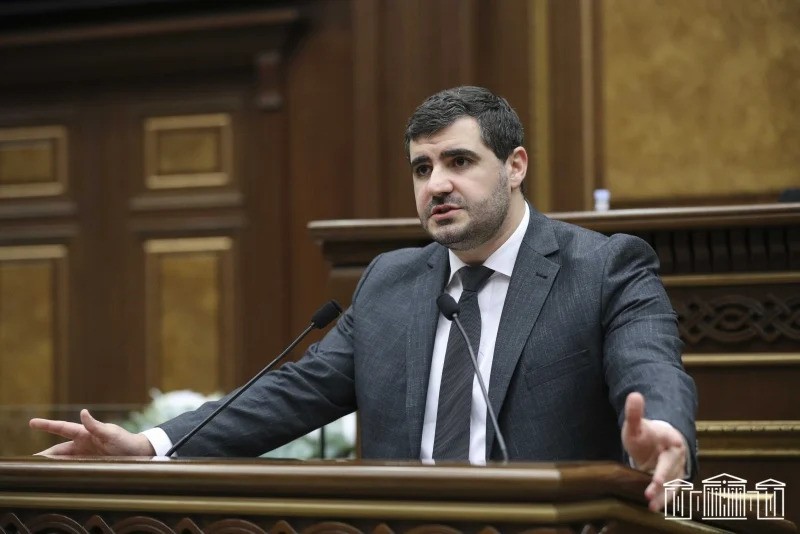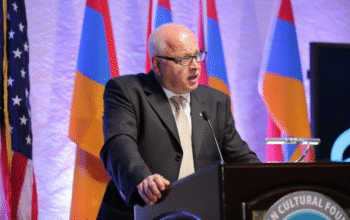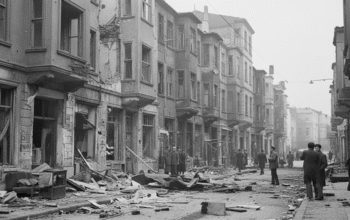A senior Armenian lawmaker stated on Thursday that Azerbaijan is hesitant to uphold a 1991 declaration that Armenia seeks to include in bilateral peace agreements. This statement contradicts a pro-government colleague’s earlier remarks.
Arman Yeghoyan, a member of the ruling Civil Contract party, referred to the 1991 Alma-Ata Declaration, which saw newly independent Soviet republics recognizing their borders as they existed during the Soviet era.
Sargis Khandanyan, another deputy from the Civil Contract party and head of the Armenian parliament’s foreign relations committee, mentioned on Wednesday that the two countries had agreed to reference the declaration in a draft peace treaty under discussion. However, Yeghoyan claimed otherwise.
“I believe Azerbaijan is not inclined to establish any borders, while we aim to set the borders that were in place at the time of the Soviet Union’s collapse,” Yeghoyan told reporters.
When asked if this applied to the peace treaty, Yeghoyan responded, “No, I am referring to all [Armenian-Azerbaijani] documents.”
The declaration is mentioned in an agreement signed late last week and released by the Armenian government on Monday. This agreement outlines “regulations” for joint activities between Armenian and Azerbaijani government commissions regarding the delimitation of the Armenian-Azerbaijani border. It notes that Baku and Yerevan will disregard the 1991 document if they agree “in the future” on different principles for delineating their long border.
Earlier on Thursday, Prime Minister Nikol Pashinyan’s cabinet formally approved the regulations and decided to seek a ruling from the Constitutional Court on their compliance with Armenia’s constitution. If validated by the court, the regulations will be sent to the Armenian parliament for ratification.
The Azerbaijani side has yet to make the regulations public. Artur Khachatryan, an opposition parliamentarian, speculated that Baku might delay their validation to extract more unilateral territorial concessions from Armenia.
“Nikol Pashinyan could then go to some [border] area, hold a closed meeting there, and claim that if we don’t concede, there will be a war,” Khachatryan said, referring to this spring’s controversial land transfer to Azerbaijan that sparked anti-government protests in Yerevan.
Earlier this week, Azerbaijani officials dismissed Pashinyan’s proposal to sign an interim agreement covering at least 13 of the 17 articles of the draft peace treaty that he claims have been agreed upon so far. Following this, another pro-government Armenian lawmaker accused Baku of “once again undermining the peace process.”




